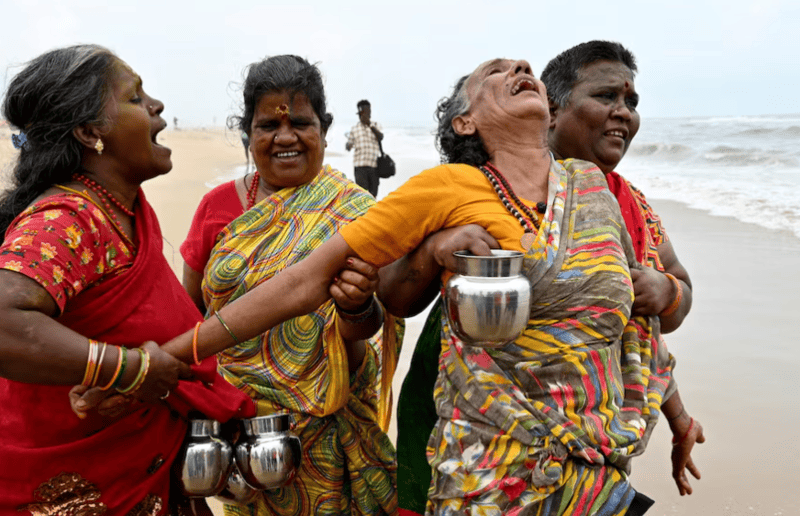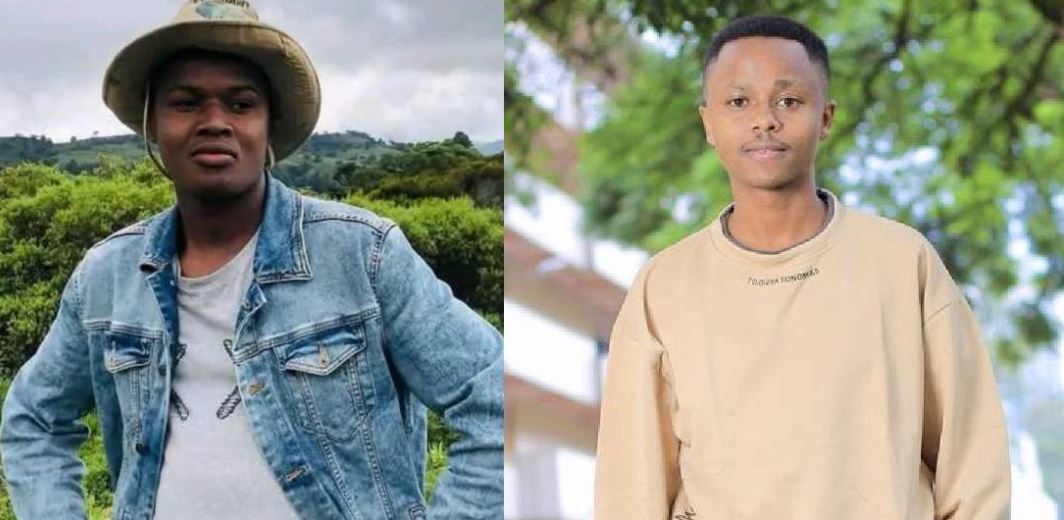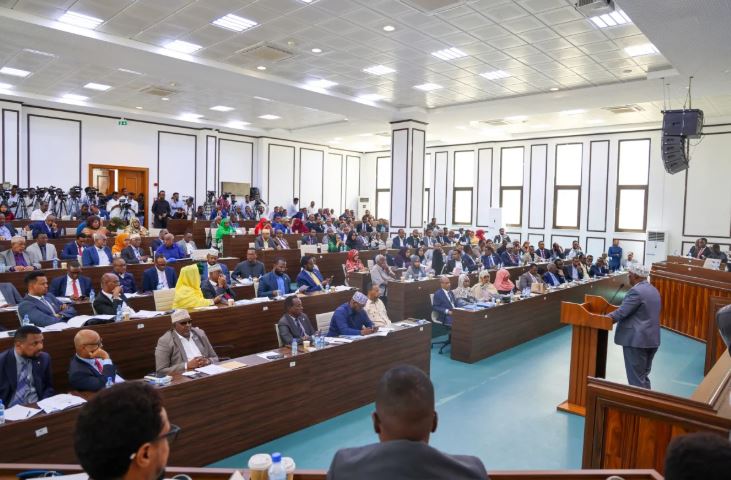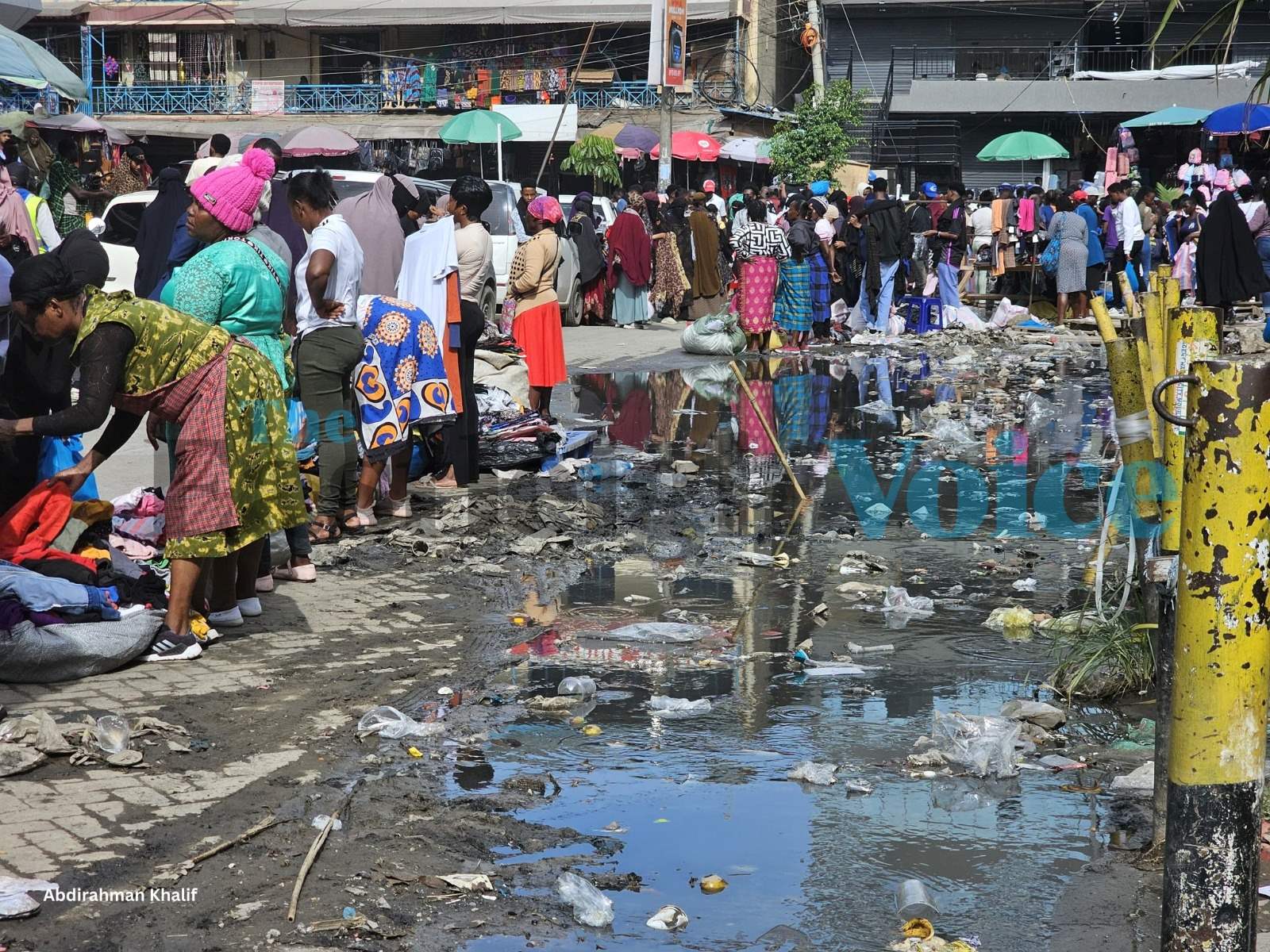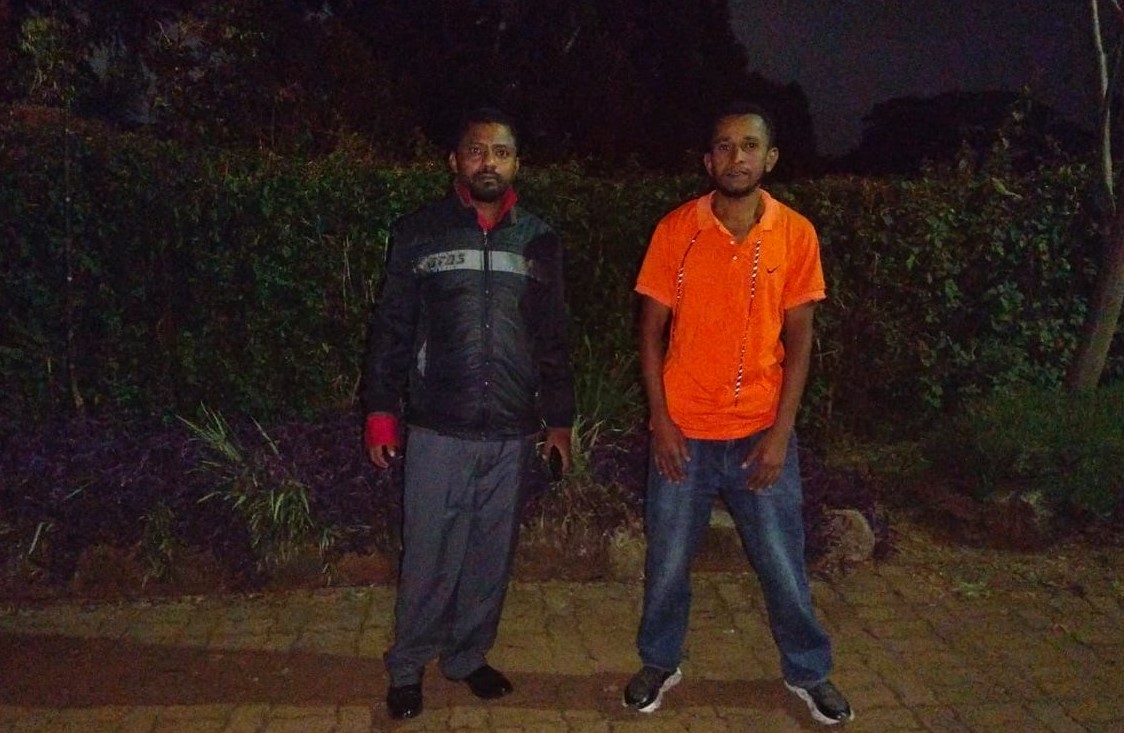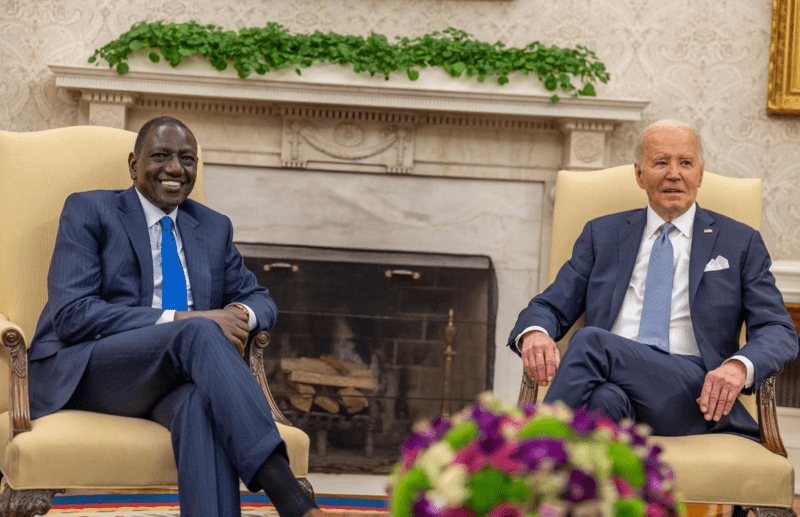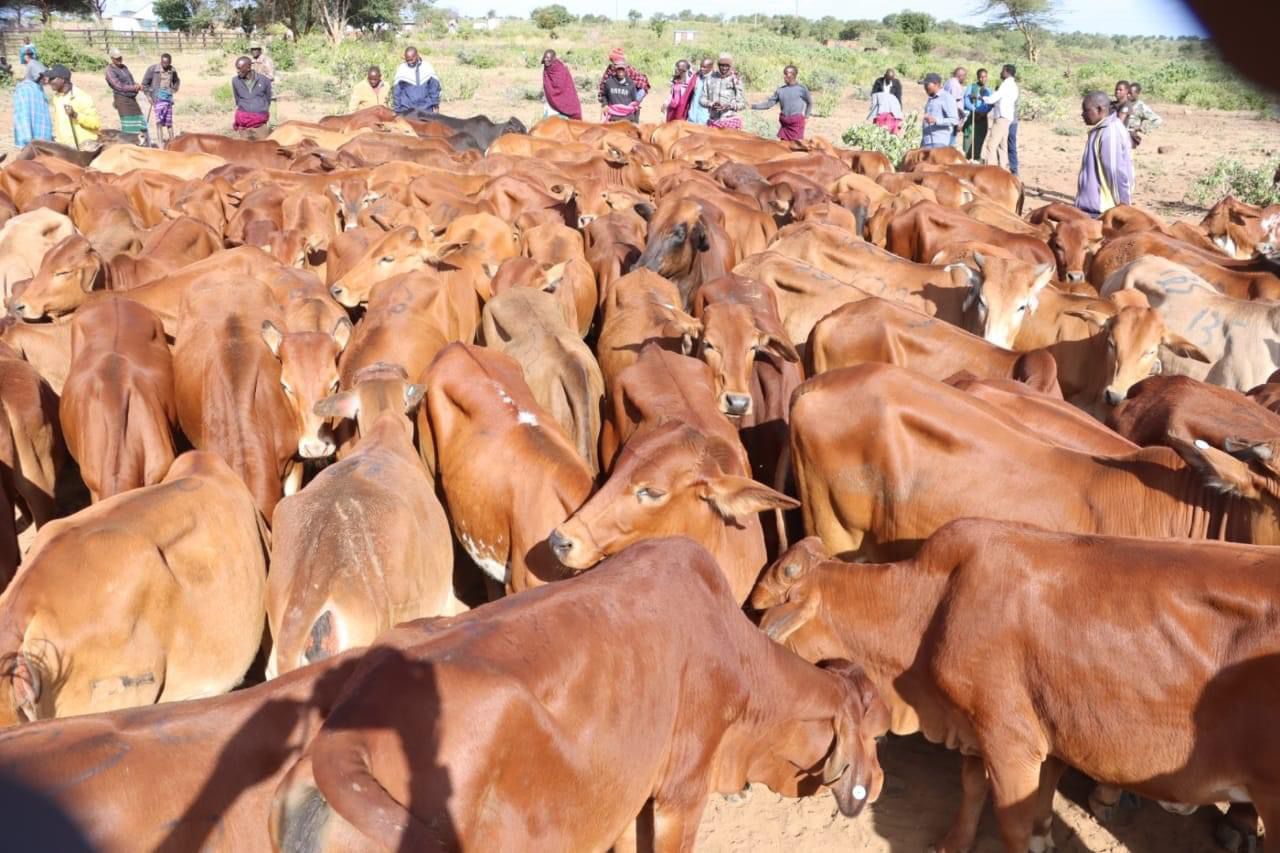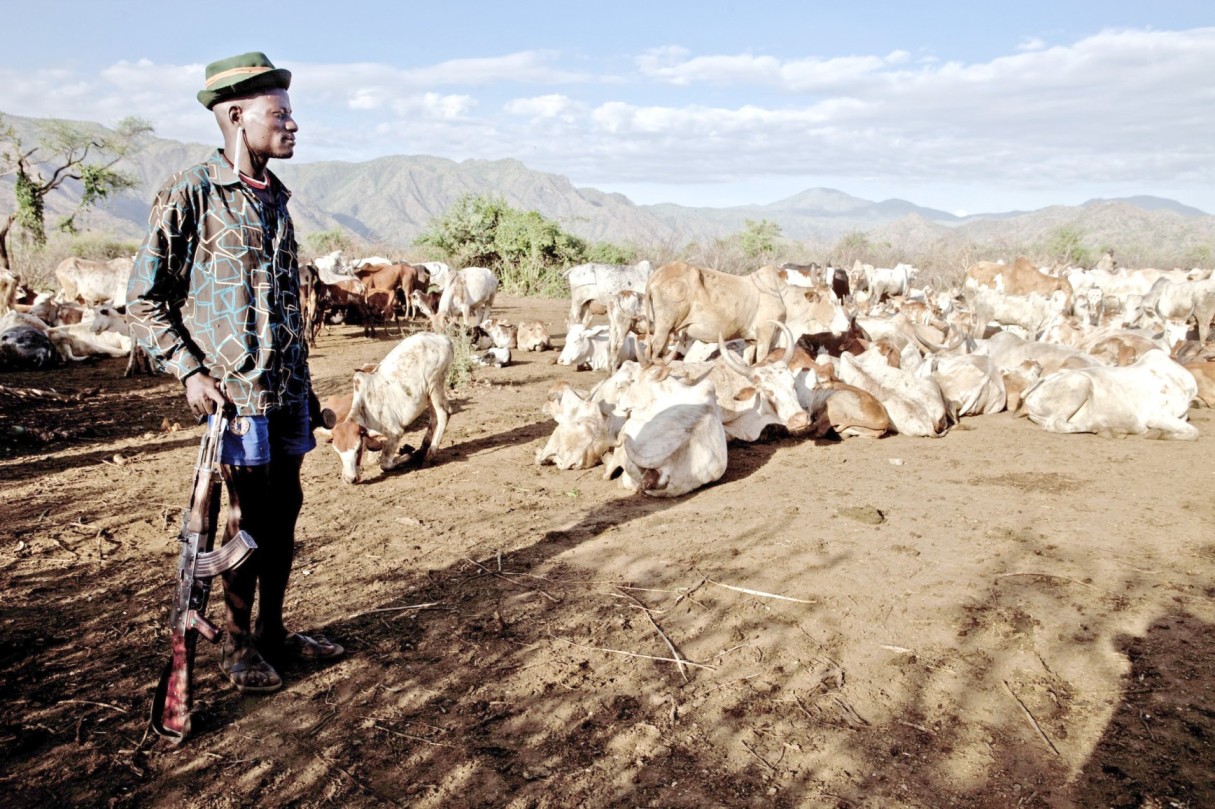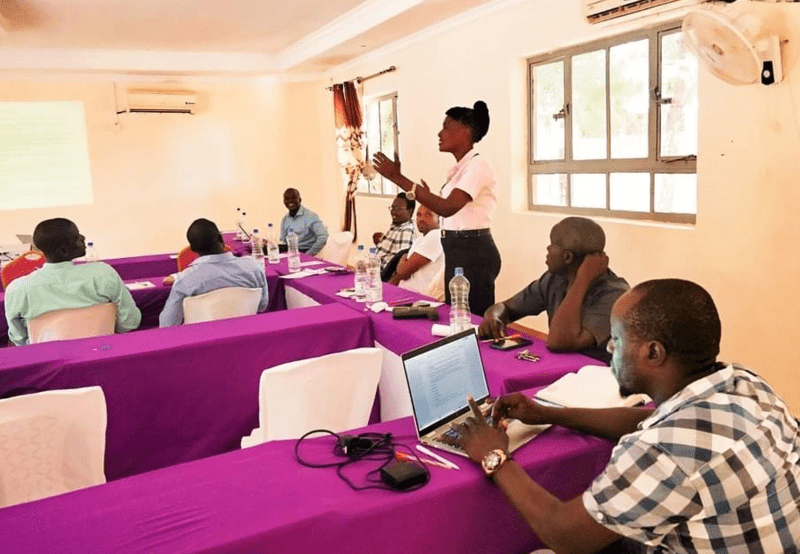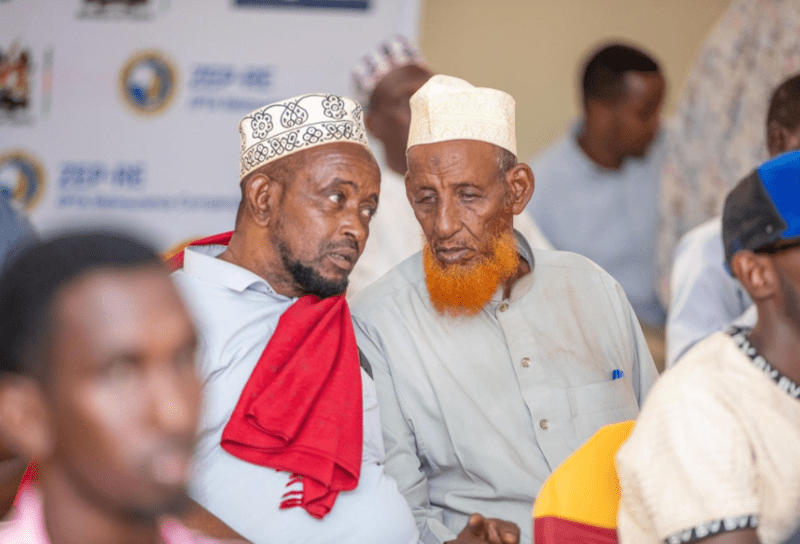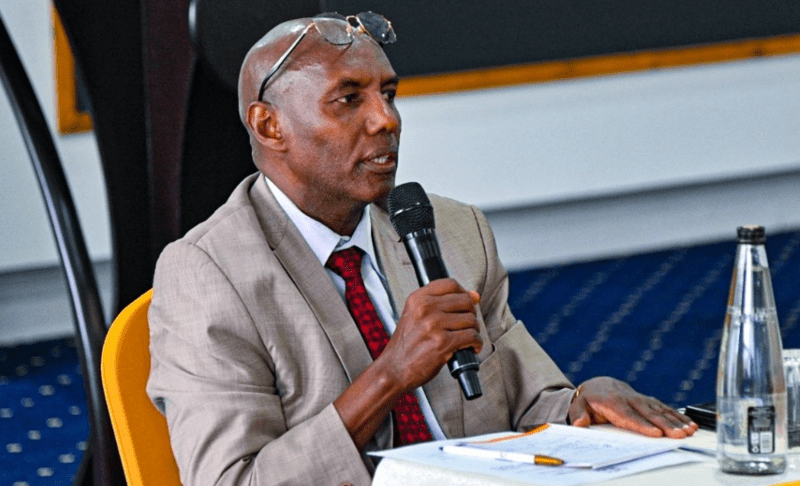Kilifi livestock farmers in struggle amid lack of veterinary services
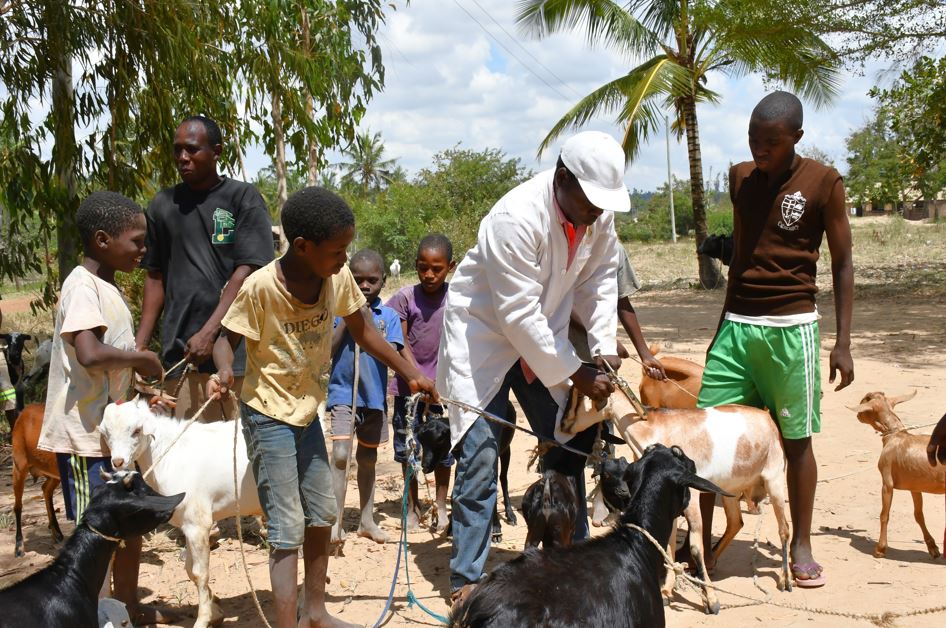
By Farhiya Hussein |
Over 2,500 animals, including cattle, goats, and sheep, were treated in the Chonyi area alone, with more than 100 farmers benefiting from the programme.
Livestock farmers in Kilifi County continue to face mounting losses as a lack of reliable veterinary services leaves their herds vulnerable to diseases.
Despite government interventions, high transport and logistical costs have prevented veterinary officers from reaching remote areas, compounding challenges for small-scale farmers who depend on livestock for their livelihoods.
Keep reading
- Revealed: No funds allocated yet for Ruto's planned livestock vaccination drive
- President Ruto rebukes vaccine critics again, insists on benefits for farmers
- Pastoralists in Wajir replenish grazing lands with grass reseeding initiative
- International investor to operate new Isiolo abattoir as locals await benefits
Traditionally, livestock has been a pillar of Kilifi’s economy, supporting thousands of households. However, with recurrent outbreaks of diseases such as Lumpy Skin Disease and sheep and goat pox, farmers have suffered significant losses, weakening not only individual incomes but also the county’s economic stability.
“This is our main source of income and sustenance, yet many farmers cannot afford to vaccinate or deworm their animals regularly,” said Samson Chivatsi, a veterinary officer during a recent exercise in Dzitsoni village.
He mentioned, “The inability to access veterinary services on time has worsened the situation, especially in rural areas.”
In a bid to address the crisis, non-governmental organisations have stepped in to support livestock farmers. Islamic Relief recently partnered with government veterinary officers to roll out a Vaccination and Deworming Campaign across Kilifi County.
Over 2,500 animals, including cattle, goats, and sheep, were treated in the Chonyi area alone, with more than 100 farmers benefiting from the programme.
Speaking about the initiative, Chivatsi noted that while such efforts are commendable, they need to be consistent to create lasting impact.
“The sponsorship has allowed us to reach areas we normally wouldn’t due to cost constraints, but this must not stop here. Farmers need sustainable veterinary services to protect their livelihoods,” he said.
Farmers in remote villages have welcomed the intervention but continue to call for more support.
At Chasimba village, Kilifi South, farmer Annet Nguma expressed relief after her livestock was vaccinated and dewormed.
“I didn’t know where to turn when my animals got sick because veterinary services are expensive and far away,” she said, adding, “This help came at the right time, but I hope it will continue because we cannot manage on our own.”
In addition to veterinary services, over 300 goats were donated to self-help groups in Kaloleni as part of efforts to empower families through sustainable farming practices.
The donations, accompanied by training on livestock management, aim to help farmers rebuild their herds and generate income.
“We are looking forward to using these goats as a starting point to improve our lives,” said Dorcas Chembe, a member of the Usife Moyo self-help group in Kahingoni village.
Chembe said, “This project gives us hope, but we still need more consistent interventions to address the broader challenges of livestock farming.”
As farmers strive to recover, experts warn that without regular veterinary support, Kilifi’s livestock sector will remain vulnerable.
Residents and local leaders are now urging the government to enhance its support for veterinary services and ensure rural communities are not left behind.
The combination of disease outbreaks, high costs, and lack of access to professional services continues to threaten Kilifi’s livestock-dependent economy. Farmers say that while short-term measures bring relief, long-term solutions are critical to safeguarding their livelihoods and ensuring the community’s survival.
Reader comments
Follow Us and Stay Connected!
We'd love for you to join our community and stay updated with our latest stories and updates. Follow us on our social media channels and be part of the conversation!
Let's stay connected and keep the dialogue going!

